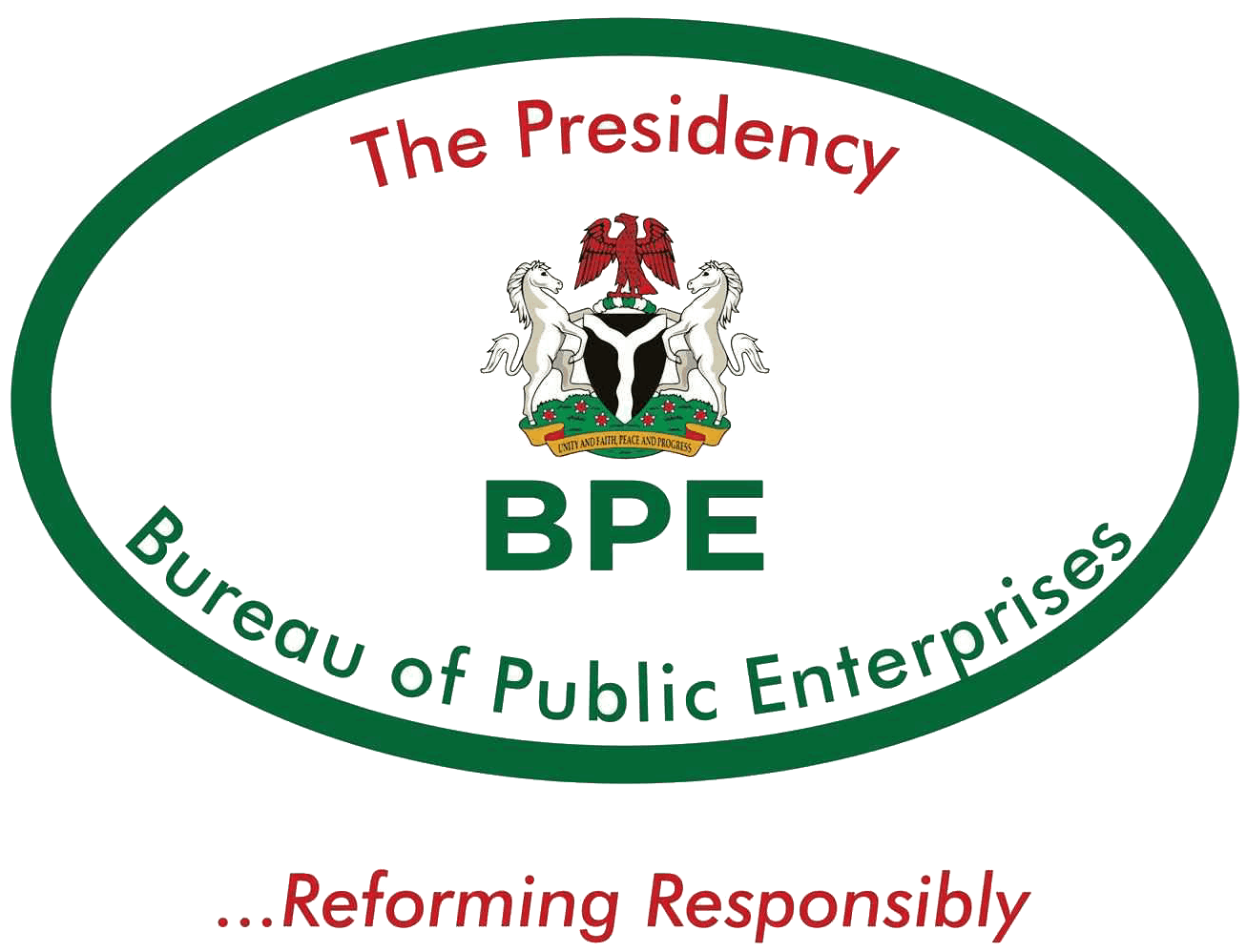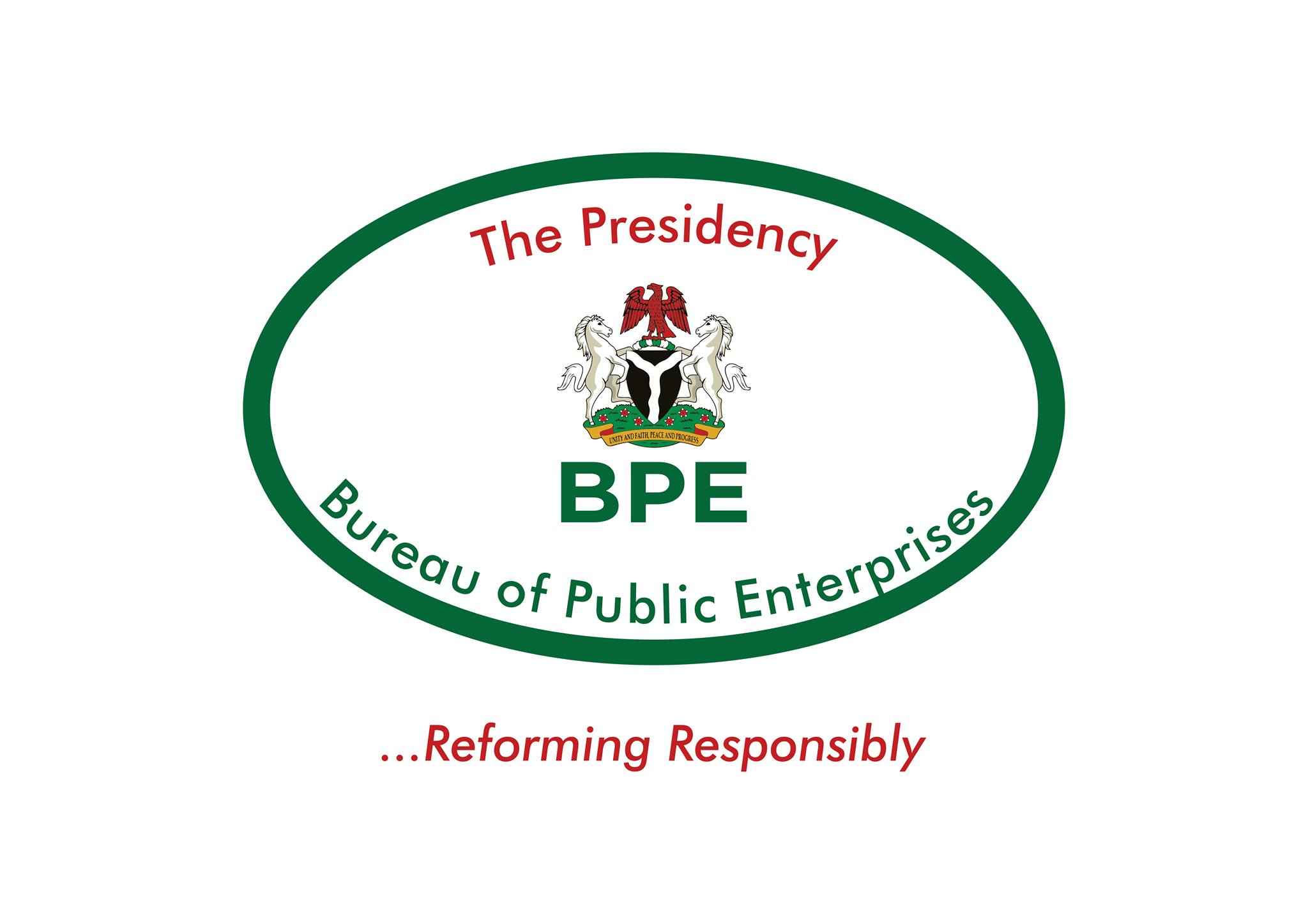INTRODUCTION
The automobile industry in Nigeria dates back to early 1960’s when private companies like UAC, Leventis, SCOA, BEWAC and R.T. Briscoe pioneered the establishment of auto assembly plants using imported semi-knocked down components (SKD). Government became involved in the industry between 1970-1980 when it concluded agreements with a number of Automobile plants in Europe to set up 2-car and 4-truck assembly plants. The 2-car plants are Peugeot Automobile Nigeria Ltd. (PAN), Kaduna and Volkswagen of Nigeria Ltd. (VWON) Lagos. The 4-truck plants are: Anambra Motor Manufacturing Company Ltd. (ANAMMCO), Enugu, Steyr Nigeria Ltd, Bauchi, LEYLAND Ltd., Ibadan and National Trucks Manufacturers (NTM) Kano. They were to assemble imported completely knocked down components (CKD), with gradual progression to the use of local components, with the aim of achieving 100% local parts substitution ten years after commissioning. Despite this reality there are still tremendous opportunities for revamping the sector if serious- minded investors take up the incentives that are currently available in the sector.
SECTOR DATA
(i) THE MACRO ENVIRONMENT
The following are some of the incentives for the automobile industry as described below:
- Import duty for CKD for vehicle assembly is 2.5%, while that of fully built up units is 30%;
- The Nigerian Government has mandated all its Ministries, Agencies and Parastatals to patronize the products of local automotive assembly plants;
- The National Automotive Council has established an Auto Development Fund to provide soft loans for firms that will produce auto parts and the Bank of Industry is administering the loan.
- Automotive industry has the status of a pioneer industry. Pioneer status takes the form of a 5-year tax holiday anywhere in the country, and 7-year tax holiday in any economically disadvantaged local government area
- Up to 120% of expenses on R&D is tax deductible. For R&D on local raw materials, 140% is allowed;
- Industrial establishments that have in-plant training facilities enjoy a 2% tax concession for a period of 5 years;
- 20% of investment in infrastructure (roads, water, electricity) are tax deductible.
- Industries in economically disadvantaged areas would have an additional 5% capital depreciation allowance over and above the initial allowance;
- Industries with high labour to capital ratio are entitled to the following concessions: those employing 1,000 persons or more will enjoy 15% tax concession, those employing 200 or more will have a 7% tax concession while those employing 100 persons or more have a 6% tax concession;
- Engineering industries with high local – value – added will enjoy a 10% tax concession for 10 years;
- Expenses incurred on expansion, modernization and/or diversification will attract allowances;
- Engineering firms with up to 60% local raw materials utilization would attract 20% tax credit for 5 years.
- The government has recently established a Bank of Industry to provide long-term loans to industrial projects.
(ii) REGULATORY ENVIRONMENT
The National Automotive Council Decree of 1993, provided for the establishment of the National Automotive Council (NAC).
The NAC is charged with the responsibility of ensuring that the activities of the assembly plants are aligned with government’s objectives and manage the Auto Development fund that was established for developmental projects and programmes of the industry.
(iii) THE MARKET ENVIRONMENT
Market size, current growth and growth potential.
The manufacturing component of the Nigerian automotive industry has annual capacity of 108,000 cars, 50,000 trucks and buses, 10,000 tractors, and about 1 million motorcycles and bicycles. There are also about a hundred components’ and part’s manufacturers. The industry reached a peak in 1981, with its fortunes deteriorating steadily since then. Currently, capacity utilization is below 10% and 40% in vehicle and component manufacturing respectively, with over half of the factories in both cases closed down. Some of the surviving component manufacturers export their products to neighboring countries. In the last 10 years, about 95% of vehicular requirements of the Nigerian economy are imported. 90% of the imported vehicles are used ones. Vehicular import averaged 1,059,800 units annually in the last five years as 2,805,415 were imported in 1999, 407,698 in 2000, 710,552 in 2001,1,082,059 in 2002, 565,575 in 2003 and 257, 601 at half-year in 2004. With Nigeria’s population of about 126.64m and the poor development of Railways, the market prospects for the Automotive sector in Nigeria could grow by as much as 5% annually. The industry has the potential to become the auto-manufacturing center for the ECOWAS sub-region and beyond.
The automobile sector in Nigeria in 2000 was estimated to be worth $500 million, 75% of these being from the importation of new and used vehicles. The industry has the capacity to produce 108,000 cars, 56,000 commercial vehicles, and 6,000 tractors. There are over 50 auto component parts manufacturers some of who are original equipment manufacturers (OEM) that contribute to the after sales market. Thus the widening gap between the supply and demand for the output of the automobile industry in Nigeria provides a robust vista of opportunities for competent and resourceful investors. In particular any investor who would be able to manufacture a low-cost vehicle that would appeal to the vast majority of Nigerians, would have a ready market. There are facilities for the assembly of cars and light commercial vehicles. Most of these facilities are currently not utilized or utilized sparingly and could be used by potential entrepreneurs. The potential of the industry can be greatly improved if local plants can exploit the overall market through increased production. Currently, there is a ban on the importation of used vehicles of more the 8 years and the Government is making efforts to tighten up controls to curb smuggling through the land borders
(IV) THE NATURE, SCOPE AND STRUCTURE OF COMPETITION
The main competition in the Nigerian automobile sector is in the form of importation of foreign cars and spare parts, used and new, by both consumers and vehicle dealers. In 3 years (1999- 2002) vehicles and spares imported into Nigeria averaged US$400m annually. 325,000 vehicles were imported in that period with 288,000 of these (88%) being used vehicles, while 37,000 (12%) were new vehicles. Local production during the period was only 23,000.
The industry has an established distribution network with over 100 vehicle dealers who also import new and used vehicles.
(v) LOCAL MANUFACTURING CAPABILITY AND RESOURCES
The local manufacturing capability in the industry covers the automotive parts industry and consists of component part manufacturers and other sub-assembly plants. The operators in this sector are either those who engage in the manufacture of component parts for sale to assembly plants or in the after- sales replacement market.
They are supported by heavy engineering industries. These include casting, forging, presswork, plastic molding, heat treatment, surface treatment and machining. Given that about 85% of the over two million vehicles plying our roads were bought as used vehicles, there is a wide scope for the manufacture of servicing and replacement parts. The average local content of the vehicle assembly plants in Nigeria is about 10% while the remaining 85% is imported in agreement with the subsequent technical partners. With the privatisation of the Nigerian Machine Tools in Oshogbo, Nigeria may be capable of producing a significant percentage of the component parts of cars at high quality.
(vi) PROSPECTS
Investment in the automobile industry is capital-intensive. Volume and efficiency are extremely important to achieve global competitiveness. The drive by various manufacturers to ensure economies of scale in production has led to over capacity internationally. Hence top auto industry markers are turning to developing countries for added market share. This has far- reaching implications for developing countries, like Nigeria
Consequently, the overall business prospect for a successful car industry in the country are high and would be attractive to any investor that would be able to produce low- cost cars. This is in conformity with what is happening in other parts of the world especially in China, where car companies are able to manufacture a car and sell it at about $ 3000. This initiative is also taking place in Europe where Renault Logan in Romania and VWAG of Germany are willing to develop a car that would cost less than 10,000 Euros.
Through the planned privatisation programme, the following companies are available to interested investors:
- Anambra Motor Manufacturing Company limited
- Peugeot Automobile Nigeria limited



